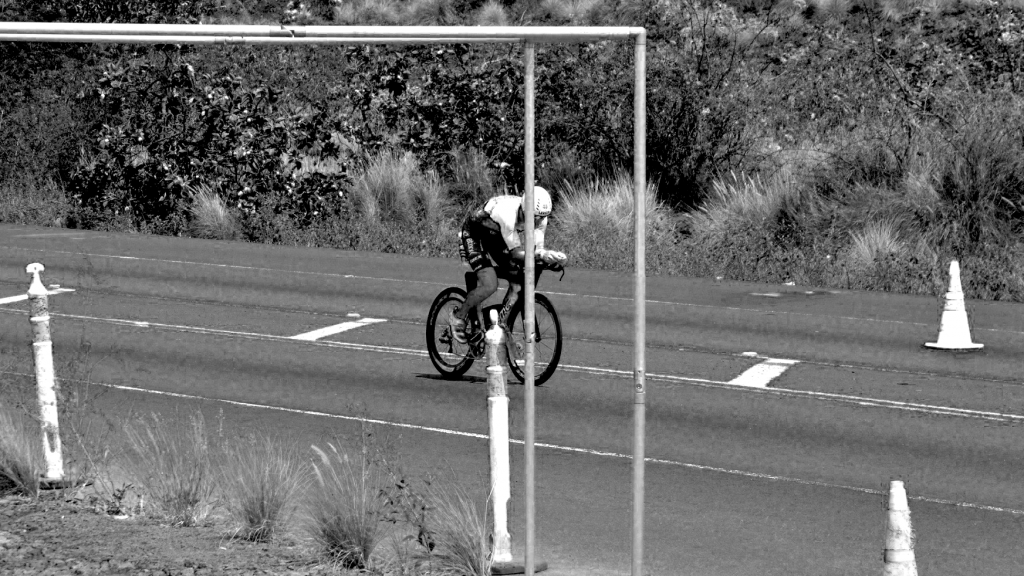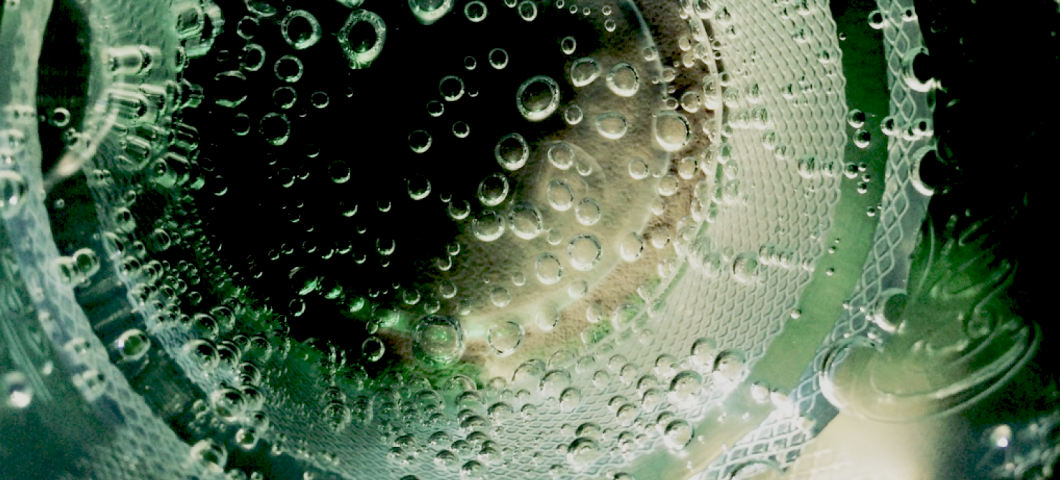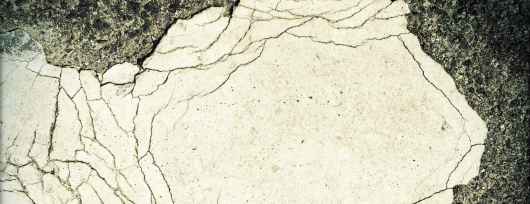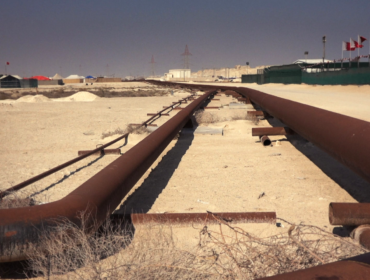Stomach and gut issues are common among high-end performance athletes and endurance athletes in general. A few weeks ago a very interesting study has been published* that underscores the properties of Biestmilch as a substance stabilizing the mucosal lining of the stomach and the gut. This makes me very happy, as I have been stressing the respective effects to athletes many times.
The gastro-intestinal tract’s role is not only digestion, its mucosal lining also acts as a selective communicator between the external and internal microenvironments. In endurance performance you are walking on a thin line between absorbing nutrients and keeping compounds that may jeopardize the body balance on the outside.
It is essential to be aware of the fact that nutrients can turn into intruders that induce gastrointestinal issues. Here carbs are a good example. Too high a concentration can be fatal and induce gut and stomach issues. Whether a substance is friend or foe depends on the exposure of the microenvironment to stress factors, and thus on the activity of the stress system. This condition massively influences the gut’s permeability.
Compromised barrier functions such as an increased gut permeability induce an immune response and low-key inflammatory process. If the stress factors (e.g. illness, shearing forces, or injuries caused by temperature or disturbed blood flow etc.) cannot be handled by the system, then the inflammatory processes become apparent. Inflammatory immune molecules are released. An imbalance between the molecules which suppress and those which promote the inflammation contribute to the symptoms of gastrointestinal distress in athletes. In this case substances cross the epithelium that normally don’t do so. The permeability changes in a way that larger molecules can get through and may reach the blood or lymph vessels, enter the systemic circulation and pressure the immune system.
The athlete’s situation in specific
Several stress factors affect the integrity of the intestinal barrier
Prolonged strenuous exercise, heat stress, and drugs such as nonsteroidal anti-inflammatory agents – a common painkiller used among athletes – are only a few of the many stress factors that may induce the loss of intestinal barrier integrity. The integrity loss regardless of its cause is associated with an increased intestinal permeability due to a reduced blood flow to the intestines, hormonal changes, and increased body temperature.Ronni

The symptoms athletes are then bothered by are cramps, diarrhea, bloating, nausea, and bleeding. These issues are commonly reported among long-distance runners, and endurance athletes such as triathletes. We know that the stress system is markedly involved in the development of these symptoms. However, the complex array of processes responsible for gastrointestinal dysfunctions during and after exercise have not been fully elucidated until today. Hypotheses trying to explain the symptoms are as already briefly mentioned above associated with alterations of the gut’s permeability due to a reduced blood flow during exercise, an elevated core temperature, mechanical shearing forces, and oxidative burst etc..
Strenuous workouts activate the stress response; the activity levels of the autonomous (sympathetic) nervous system, the stress hormones such as adrenaline, cortisol, and those hormones that regulate the fluid balance (vasopressin) as well as the immune system undergo massive changes that can lead to mild up to severe gastrointestinal problems. One phenomenon arising is the increased permeability of stomach and gut.
Biestmilch is a natural product with an amazing potential protecting the mucosal lining of the stomach and the gut
The legal pharmacological options to reduce gut issues are limited, particularly in competitive sports, and there is therefore a great interest in the use of natural products. One such product, that is already commercially available, is bovine colostrum (Biestmilch). Playford and co-workers conceptualized a study to find out whether Biestmilch has got the ability to protect stomach and gut, stabilize the mucosal lining and increase the epithelia’s stress resistance.

Biestmilch/colostrum is particularly rich in immunoglobulins, antimicrobial peptides (e.g., lactoferrin, lactoperoxidase), and other bioactive molecules including growth factors essential for cell regeneration.
Raymond J. Playford and coworkers have already shown some years ago that a commercially available defatted bovine colostrum preparation can reduce NSAID-induced upper intestinal gut injury in humans. Its potential value in consolidating gut permeability associated with heavy exercise has been assumed, but proof has been lacking until today.
Now the Playford group has published a new study that gives evidence about the effects of orally administered bovine colostrum on gut permeability, exercise-induced temperature rise, and the gut’s hormonal profile for subjects undertaking strenuous exercise. To gain greater understanding as to how any protective effects of colostrum are elicited, they performed studies examining the effect of temperature rises on cell functions by using gut cell lines in vitro (similar to those seen in athletes undergoing the in-vivo studies) in the presence and absence of Biestmilch.
A brief summary of the study results
The results have been amazing and hopefully encourage others to seriously continue studying this substance. Biestmilch/colostrum was able to increase the stress resistance of the epithelial cells. The cells were more temperature resistant and the cell death was significantly reduced. In conclusion, the findings show that, in a physiologically relevant sports model, Biestmilch/colostrum appears beneficial in maintaining the gut stability. Further studies involving more prolonged exercise protocols and colostrum’s value in extreme heat stress situations appear justified to examine its potential value in athletes.
References:
*Marchbank T, Davison G, Oakes JR, Ghatei MA, Patterson M, Moyer MP and Playford RJ: The nutriceutical bovine colostrum truncates the increase in gut permeability caused by heavy exercise in athletes. Am J Physiol Gastrointest Liver Physiol 300: G477-G484, 2011.
Kay L. Pals KL, Ray-Tai Chang RT, Ryan AJ, Gisolfi CV: Effect of running intensity on intestinal permeability. J Appl Physiol 82:571-576, 1997







2 Comments